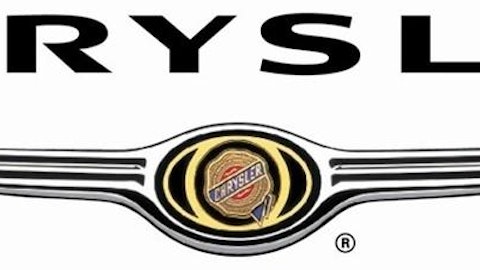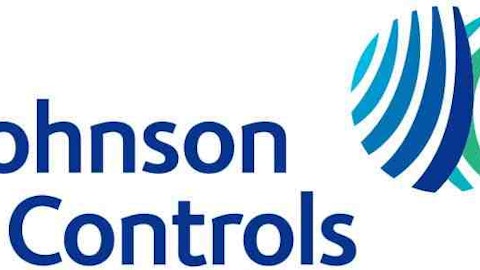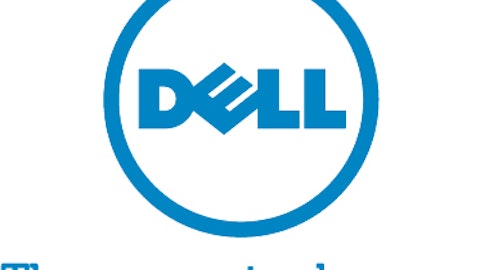What about pension liabilities?
Rising rates will reduce pension liabilities but may not narrow underfundings. Both Ford Motor Company (NYSE:F) and General Motors Company (NYSE:GM) are employing asset-liability matching portfolio strategies in an attempt to address interest rate risk. Unless pension managers perfectly trim duration before interest rates rise, declining asset values would offset liability reductions.
Some words on the companies mentioned
General Motors Company (NYSE:GM) has been undergoing a solid change under the supervision of the determined CEO, Dan Akerson. Also the company is undergoing the largest product portfolio turnaround since its inception. This, along with the fact that the stock is trading at a cheap forward multiple of 7 times earnings compels me to give a buy rating on the stock. However, as history suggests, a rising interest rate environment may steal away the attraction of the auto companies in investor circles.
Ford Motor Company (NYSE:F) has also been an attractive company to invest in. The company has for long been on Goldman’s Must Buy list. Ford’s small car sales have been the bright spot for the company. Also, the F-series trucks have been the most sold truck brand in the US. A strong product portfolio along with the fact that the stock is trading at a cheap forward multiple of 8 makes the stock a buy. Its One Ford Motor Company (NYSE:F) strategy is expected to bring exceptional bottom-line improvement.
Have there been any exceptions?
In the 2004-2006 period of monetary policy contraction, Johnson Controls and BorgWarner Inc. (NYSE:BWA) were the only two auto stocks that performed better than the rest of the industry. As you will see in the graph, how both Ford Motor Company (NYSE:F) and General Motors Company (NYSE:GM) fell by more 50% in that era but BorgWarner Inc. (NYSE:BWA) saw its stock climb by 40%.
BorgWarner Inc. (NYSE:BWA) manufactures a variety of engine and drivetrain components that increase fuel efficiency and reduce emissions, such as turbochargers and automatic-transmission components. Demand for BorgWarner Inc. (NYSE:BWA)’s products is strong, driven by both consumer “pull” and government “push” elements, and will only increase over time as the rising amount of vehicles in emerging markets upwardly pressures fuel prices.
BorgWarner Inc. (NYSE:BWA) already enjoys the second-highest margins in the sector, in part driven by the fact that many of the products it manufactures are of a highly engineered nature, leading to high technical barriers to entry and market concentration. Still, the combination of rapid top-line growth and financial discipline is expected to allow for top-tier operating-margin expansion. High European exposure is concerning in a downside scenario, but is offset in part by an ideal customer mix within Europe and diversification into higher-growth Asian markets.
Final word
Though the rising interest rate might have a small impact on monthly auto loan payments, it has definitely pissed off investors in auto industry in the past. Therefore, a warning on tightening monetary policy looms as a threat for the auto industry.
However, there are companies like BorgWarner Inc. (NYSE:BWA) that can serve as an example of exceptions in case of rising interest rates be a source of hope for investors in the auto industry.
Zain Abbas has no position in any stocks mentioned. The Motley Fool recommends BorgWarner, Ford, and General Motors. The Motley Fool owns shares of Ford. Zain is a member of The Motley Fool Blog Network — entries represent the personal opinion of the blogger and are not formally edited.
The article How Will a Tightened Monetary Policy Impact the Performance of Auto Companies? originally appeared on Fool.com is written by Zain Abbas.
Copyright © 1995 – 2013 The Motley Fool, LLC. All rights reserved. The Motley Fool has a disclosure policy.




